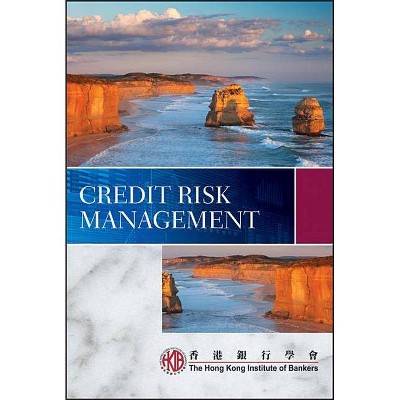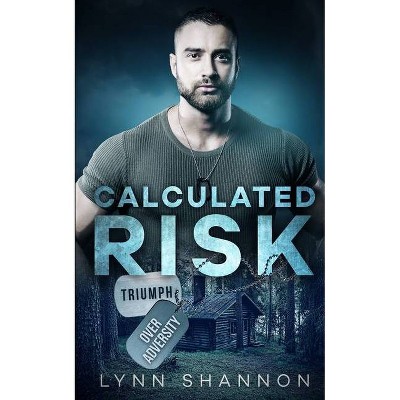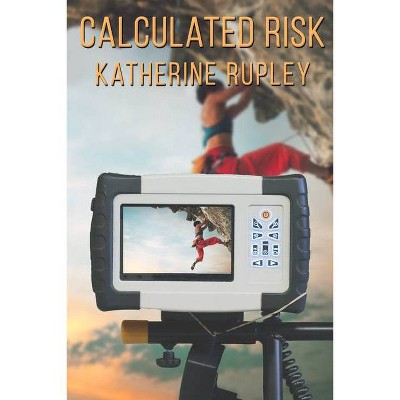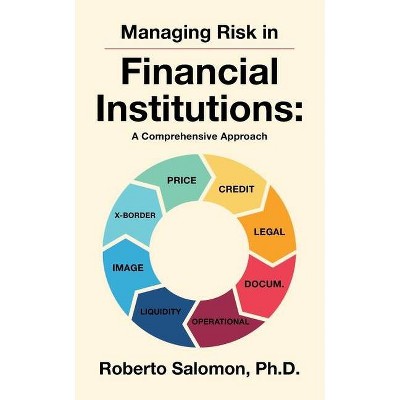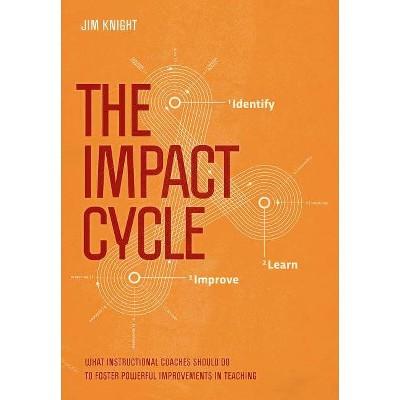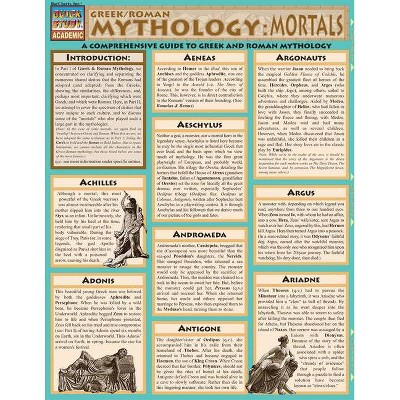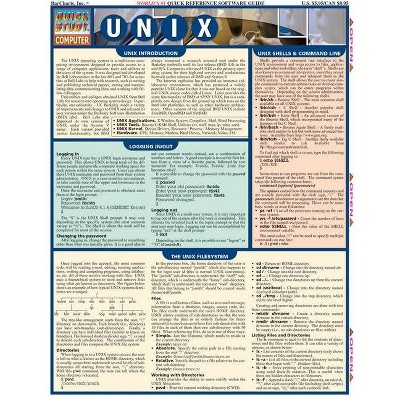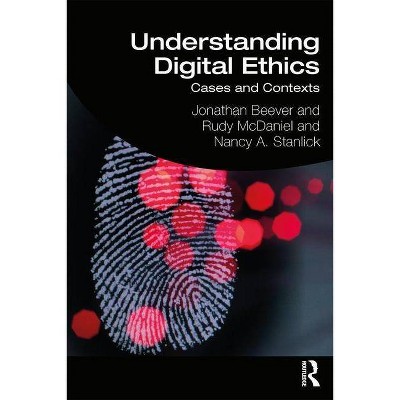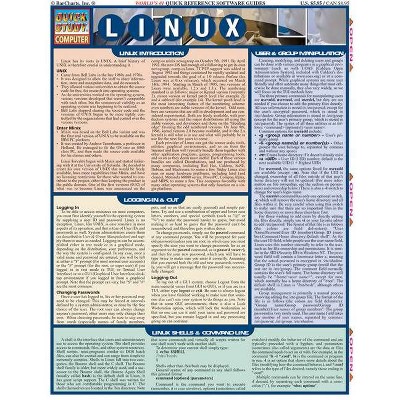Risk - by Tim Lewens (Paperback)
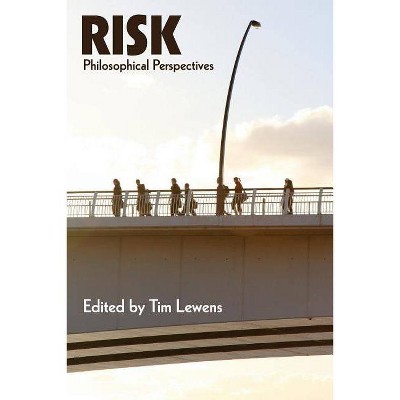
Similar Products
Products of same category from the store
AllProduct info
<p/><br></br><p><b> About the Book </b></p></br></br><p>Leading scholars explore what it means to make decisions which affect ourselves, our immediate families, entire generations or ecosystems. This collection explores the full range of philosophical implications of risk. </p><p/><br></br><p><b> Book Synopsis </b></p></br></br><p>How can we determine an acceptable level of risk? Should these decisions be made by experts, or by the people they affect? How should safety and security be balanced against other goods, such as liberty? </p> <p></p> <p>This is the first collection to examine the philosophical dimensions of these pressing practical problems. Leading scholars exploring the full range of philosophical implications of risk, including: </p> <ul> <li>risk and ethics</li> <li>risk and rationality</li> <li>risk and scientific expertise</li> <li>risk and lay knowledge</li> <li>the objectivity of risk assessment</li> <li>risk and the precautionary principle</li> <li>risk and terror.</li></ul> <p>With contributions from Carl F. Cranor, Sven Ove Hansson, Martin Kusch, Tim Lewens, D.H. Mellor, Adam Morton, Stephen Perry, Martin Peterson, Alan Ryan, Per Sandin, Cass R. Sunstein and Jonathan Wolff; this collection is essential reading, not only for philosophers and researchers in legal, economic and environmental studies, but for those seeking to gain a better understanding of the decisions we must make as concerned citizens.</p> <p></p> <ul> <p></p></ul><p/><br></br><p><b> About the Author </b></p></br></br><p><strong>Tim Lewens</strong> is Senior Lecturer in the Department of History and Philosophy of Science at the University of Cambridge. He is the author of Organisms and Artifacts (2004) and Darwin (Routledge, 2006).</p>
Price History
Price Archive shows prices from various stores, lets you see history and find the cheapest. There is no actual sale on the website. For all support, inquiry and suggestion messagescommunication@pricearchive.us
